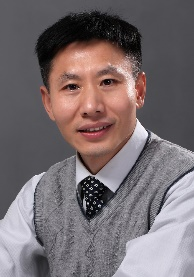
Deregulated metabolism is an essential feature of malignant transformation. To support their relentless cell division, most cancer cells have to evolve specific metabolic adaptations that promote their survival under conditions that kill normal counterparts; this adaptation process has been termed “metabolic reprogramming”.
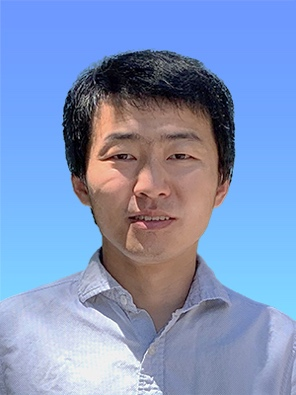
Dr. Han Han is a professor in the Department of Pathophysiology at TaiKang Medical School, Wuhan University. He obtained his B.S. degree in Biotechnology from Ningxia University in 2010 and went on to earn his Ph.D. degree in Cell Biology from Wuhan University in 2015
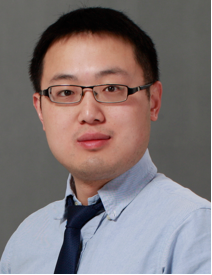
1.New genome editing tools2.Next generation delivery systems for therapeutic genome editing
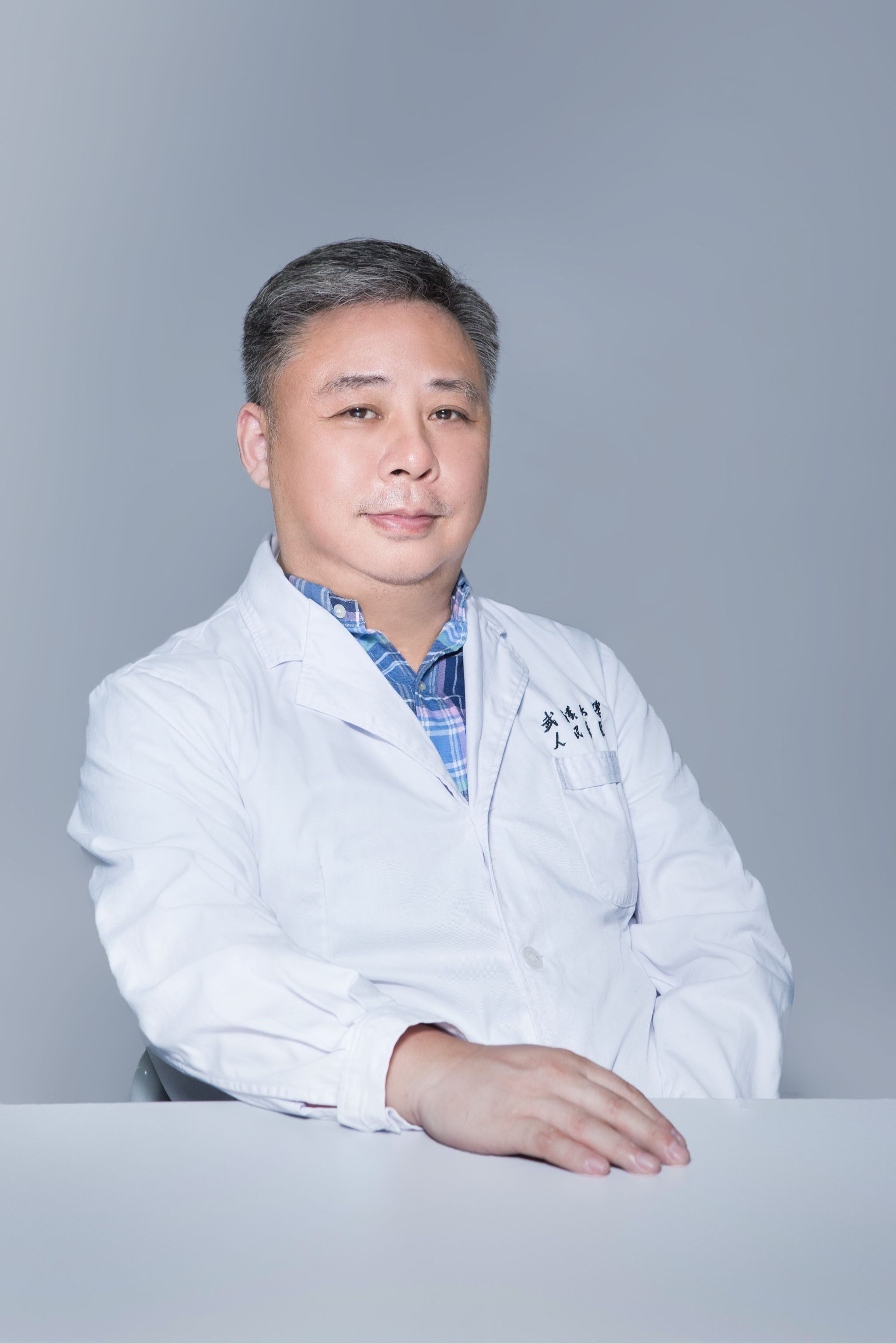
E-mail:yuhonggang@whu.edu.cnBiographyProfessor Honggang Yu is the chief of Gastroenterology Department of Renmin Hospital of Wuhan University and first class chief physician, second class professor, and doctoral supervisor of Wuhan University. Prof. Yu has engaged in the career of clinical medicine, education and scientific research for 33 years. Prof. Yu is Standing Committee Member of Chinese Society ...
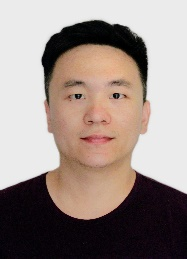
The coordinated function of various organs in the body largely depends on intercellular communication, which occurs constantly through various mechanisms. Therefore, deciphering the language of intercellular communication is a crucial aspect of understanding the integral functionality of cells. This challenge is not only important but highly intriguing. Our research begins with a focus on metabolic diseases, primarily targeting the liver, adipose tissue, pancreas, and related immune cells. We employ extracellular vesicles
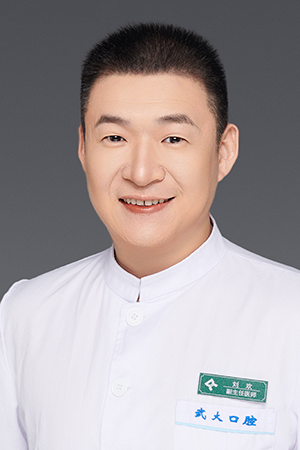
I have a combinatory background of both clinical dentistry and craniofacial developmental biology also a combinatory research interest in both craniofacial mesenchyme and dental epithelium. My research focuses on "regulation of craniofacial epithelial and mesenchymal lineage fate by genomic non-coding regions" to address the difficulties of precise diagnosis and treatment of craniofacial genetic defects: 1) systemic functional annotation of non-coding DNA and RNA related to craniofacial development, and in-depth excavation of the developmental phase of cranial neural crest mesenchymal and epithelial cells